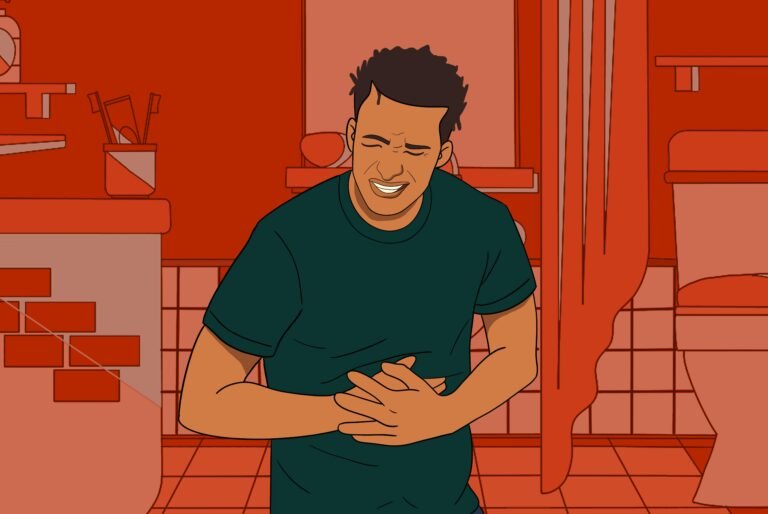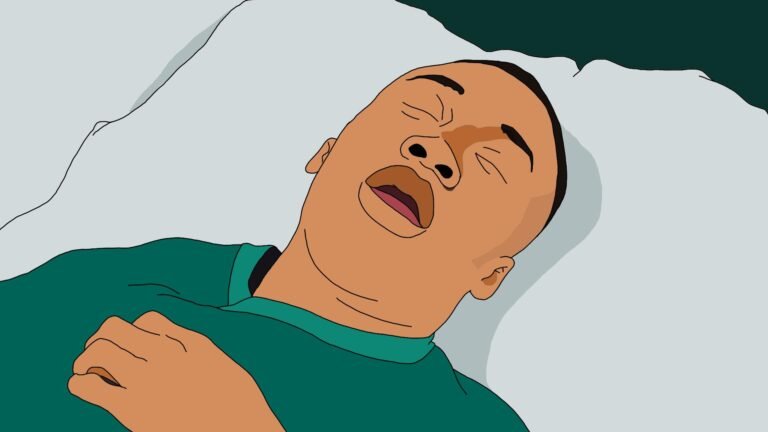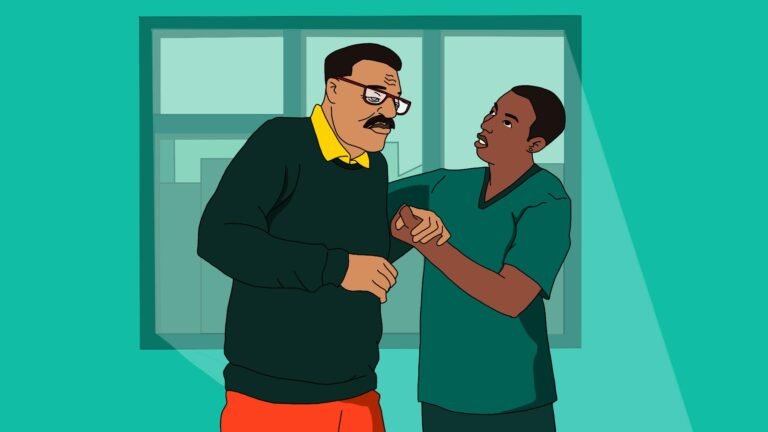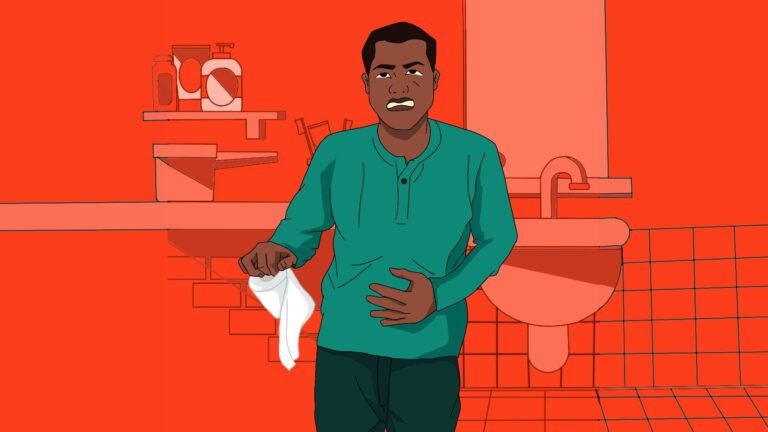
Heartburn
What is heartburn?
Heartburn is a burning sensation in your chest, behind your breastbone. It occurs when stomach acid travels back up your esophagus — the tube that carries food from your mouth to your stomach. You may also experience a bitter taste in your throat or mouth. The symptoms of heartburn may get worse after you eat or when you’re lying down.
How does heartburn feel like?
Heartburn feels like an uncomfortable or burning pain in the middle of your chest. You may also experience:
- A burning sensation in your throat
- Pressure or pain behind your breastbone
- Difficulty swallowing
- Worsening pain after lying down or bending over
- An acidic, sour, or bitter taste in your mouth
- Coughing or hoarseness
What causes heartburn?
Heartburn typically occurs when contents from the stomach back up into the esophagus. The esophagus is a tube that carries food and fluids from the mouth into the stomach. Your esophagus connects to your stomach at a juncture known as the lower esophageal sphincter. If the lower esophageal sphincter is functioning properly, it closes when food leaves the esophagus and enters the stomach. Certain conditions and other factors may make it more likely for you to experience heartburn.
Risk factors include:
- Hiatal hernia. A hiatal hernia occurs when the upper part of your stomach penetrates through the diaphragm, usually by way of a weakness or tear.
- Pregnancy. Heartburn is common during pregnancy, especially during the third trimester, according to a 2015 systematic review.
- Smoking. Smoking is weakly associated with an increased chance of developing gastroesophageal reflux disease (GERD). It is worth noting because people who quit or decreased tobacco smoking were three times more likely to have a reduction of heartburn symptoms, according to a 2018 review.
- Being overweight or having obesity. Obesity is a major contributing risk factor to GERD, with heartburn and regurgitation being the typical way this condition manifests, according to a 2014 review.
- Taking certain medications. Some medications, such as aspirin, ibuprofen, sedatives, and blood pressure medications, can increase your risk of heartburn, according to the NIDDK.
If you have heartburn, you may find that certain foods and drinks can trigger your symptoms. These may include: carbonated drinks, chocolate, citrus fruits, tomatoes and tomato-based products, peppermint, fried foods, high fat foods, spicy foods, alcohol. Other triggers that can contribute to heartburn include: eating a large meal, lying down immediately after eating, wearing tight clothes.
Not all heartburns require a trip to the doctor, however visit the hospital if you have heartburn and develop: difficulty swallowing, pain with swallowing, dark, tarry, or bloody stools, shortness of breath, pain that radiates from your back to your shoulder, dizziness, lightheadedness, sweating while having chest pain. Heartburn is not associated with a heart attack. However, people who have heartburn may believe they’re having a heart attack because the symptoms can be very similar.
How can you get rid of heartburn?
Lifestyle changes, such as maintaining a moderate weight, can help reduce your symptoms. Other recommendations include:
- Avoiding foods that trigger your symptoms
- Wearing loose clothing
- Avoiding lying down right after eating
- Talking with a healthcare professional about a smoking cessation program and other supportive resources, if you smoke
What are the treatments for heartburn?
OTC medications can often be used to treat heartburn. The following medications are very helpful in relieving symptoms
- Antacids. These medications help neutralize stomach acid. They can provide quick relief of heartburn symptoms
- Histamine-2 (H2) blockers. H2 blockers reduce the amount of acid your stomach makes
- Proton pump inhibitors (PPIs). PPIs reduce the amount of acid in your stomach. They can also help heal damaged tissue in your esophagus.






